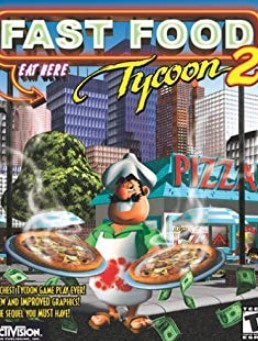

Lucas, as I knew well (from writing in this magazine the original piece upon which American Gangster is based), could go off at any moment. When the possibility emerged that these two old-school street rivals might be willing to engage in what could only be called a historic conversation-they haven’t spoken in 30 years-it was easy to envision yelling, phone slamming, and maybe even a death threat or two. Lucas, more of a boutique operator, managed to bypass the Italians altogether by establishing the grisly but exceedingly lucrative “cadaver connection”-a direct line from Asia’s “Golden Triangle” poppy growers straight to 116th Street, smuggling heroin inside the coffins of American soldiers killed in the Vietnam War. It was a captive market, and he was their low-cost retailer. He had the biggest clientele-hundreds of thousands of repeat (and repeat) buyers. Using sheer volume as an edge, Barnes cut increasingly favorable deals with his Mafia partners. The trick for an ambitious black man in the seventies dope game was to minimize the sway of the Italian distributors who had controlled the Harlem scene for decades. This makes sense, as both insist they were businessmen, first and foremost. Lucas hit the ultimate Hollywood jackpot, getting Denzel Washington, no less, to play him in American Gangster (reviewed this week in “The Culture Pages”).Īnd so, three decades after their heyday, these former street titans are still generating commerce. Barnes reports on his life and times in the flava-full documentary Mr. Now, with Lucas confined to a wheelchair and Barnes in some Witness Protection Program locale, each is the subject of a current film. Both were locked up and later cooperated with authorities-some might call it snitching. Both made millions selling dope, lived the wide-brimmed-hat high life, enabled the addiction of whole neighborhoods, and, eventually, got caught.

Nicky Barnes, left, and Frank Lucas Photo: From left, Tyrone Dukes/The New York Times/Redux PR Newsfoto/BET Networks/Newscomĭuring the Harlem heroin plague of the seventies, few dealers were bigger than Frank Lucas and Leroy “Nicky” Barnes.


 0 kommentar(er)
0 kommentar(er)
